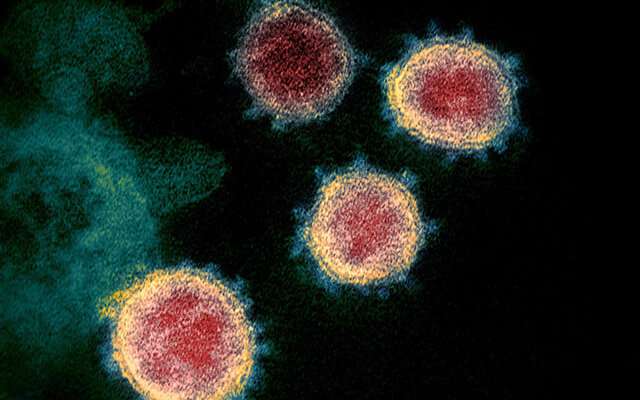NIH ACTIV working group weighs human challenge studies for SARS-CoV-2 vaccine development

In a Perspective for the New England Journal of Medicine, members of the National Institutes of Health's Accelerating COVID-19 Therapeutic Interventions and Vaccines (ACTIV) Vaccines Working Group assess practical considerations and prerequisites for using controlled human infection models (CHIMs), which can be used for human challenge studies, to support SARS-CoV-2 vaccine development. In the article, the authors determine the timeline for developing robust CHIMs that meet the essential criteria for limiting risk for study volunteers could take one to two years. The authors conclude that large, randomized, controlled trials of SARS-CoV-2 are the fastest and most effective path forward for establishing vaccine safety and efficacy. Parallel development of CHIMs may provide complementary tools to address additional questions such as the duration of immunity and correlates of protection, if such studies can be conducted ethically.
In a CHIM study, participants are intentionally exposed to an infectious agent to help scientists understand the virus or test interventions to prevent or treat infection. CHIMs use well-characterized microorganisms that either do not cause serious disease, are easily treated, or both. In addition, CHIM studies must take place in laboratories with rigorous isolation to ensure that the infection does not spread into the community.
The authors note that ethical evaluation of the risk to participants and the potential value to society are essential to future considerations of whether to conduct CHIM studies for COVID-19; currently there is no highly efficacious treatment for moderate or severe illness. The authors propose that development of a SARS-CoV-2 GMP stock, preferably with attenuating mutations, should proceed along with preparation of facilities and procedures and engagement of a broad set of stakeholders. Additionally, the researchers recommend developing CHIMs for seasonal coronaviruses, which cause about 30% of cases of the common cold and can provide insights into more deadly coronaviruses such as SARS-CoV, MERS-CoV, and SARS-CoV-2.
More information: Meagan E. Deming et al, Accelerating Development of SARS-CoV-2 Vaccines—The Role for Controlled Human Infection Models, New England Journal of Medicine (2020). DOI: 10.1056/NEJMp2020076


















